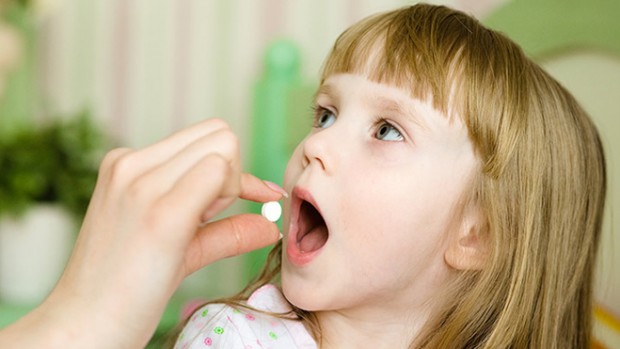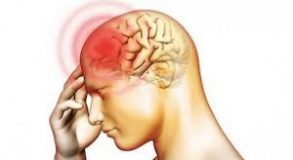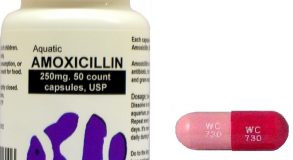It is a great problem for the whole family when your child is sick. But if a common cold can be treated with little spending of time and money and with the help of natural remedies, a serious disease often requires taking serious expensive medicaments. Canadian Health&Care Mall (https://healthcaremall4you.com/) offers this article devoted to antibiotics for children and what benefits and harm these drugs do for each child at any age.
The Principles of Antibiotics’ Effect
Antibiotics include substances of natural or semi-synthetic origin, which are able to inhibit the growth of certain microorganisms, or destroy them.
Those substances which are not completely destroy, but only inhibit other microorganisms, are used as medicines. It should be noticed that antibiotics are useless against viruses.
But this mechanism is quite common, in practice each antibiotic has its own effects, that’s why different drugs are used to treat different diseases. By the way, this is one of the main reasons why you should not prescribe someone antibiotics by yourself. The main mechanisms of antibiotics include:
- destruction of the cell wall;
- blocking proteosynthesis;
- dissolution cellular membranes;
- nucleic acids synthesis;
- blocking bacteria biochemical processes.
There’s no need to mention that antibiotics invention in the 20th century was a great breakthrough in the treatment of many diseases. Of course, that is true, but as any phenomenon, antibiotics has both positive and negative aspects. And if we talk about the child’s health, things become even more complicated.
Benefits of Antibiotics in Treating Children
As it was mentioned above, some cases of child’s disease require treatment with antibiotics. These are the following cases:
- a disease that appeared on the background of some difficult infection;
- threat to child’s life;
- a recurrent disease, which appeared on the background of a previous one;
- the immunity can not overcame the disease for a long period of time.
We shouldn’t forget that antibiotics is a quite strong medication, that is why you shouldn’t choose capsules, pills, gels, drops and ointments for your sick child by yourself. There is one rule – entrust your child’s treatment to the doctor.

Many parents give credit for antibiotics because very often only they can relatively fast cure lung infection, chlamydia, pyelonephritis, pneumonia, sepsis, sinusitis and other infections. However, all the positive effects of antibiotics do not cancel negative aspects of their intake to the child’s body.
Harm of Antibiotics in Treating Children
Many parents think that if antibiotics are able to deprive children of many health problems, we can take them in every case of disease and go without any prescription to the pharmacy searching for antibiotics. Of course, this is a mistaken opinion.
First of all, we shouldn’t forget the fact that the world is not standing still. Over the course of time, many microorganisms (the same bacteria that are destroyed by antibiotics) adapt to the composition of drugs and, as it could be expected, become resistant to them. That is why every year more and more new generations of antibiotics appear. Canadian Health&Care Mall has all the latest antibiotics and other drugs online which will help you treat your child with less harm for the health. Read also “The HIstory of Antibiotics by Canadian Health&Care Mall” for getting more information.
In other words, the antibiotic become useless. According to some researches, the use of antibiotics for any trifling infections can lead to frustrating consequences — over the time, doctors won’t be able to provide us with the drugs that will help to treat diseases.
There is one more aspect of antibiotics intake — they can cause a variety of unpleasant consequences for the child’s body. This is especially true when parents violate terms and conditions drugs intake. These consequences include:
- gastrointestinal tract disorders (nausea, vomiting, constipation, diarrhea). It happens because almost all antibiotics destroy the beneficial intestinal tract microflora balance;
- allergic reactions;
- decrease in immunity.
To avoid these unpleasant consequences you should strictly follow your doctor’s instructions and recommendations. Do not cancel the course of antibiotics, even if you think that your child has recovered completely. This rule does not reach the cases when during examination it became known that the nature of the disease is viral, which means that it is resistant to antibiotics.
The second recommendation is that you should consider age restrictions for antibiotics’ intake. Many synthetic and natural substances can not be applied to children under the age of 8-12 years.
Follow your doctor’s advice, do not try to treat any mild disease with antibiotics and do not consider them to be a panacea for every disorder. Remember that only preventive measures and healthy lifestyle can protect your children from serious health troubles.



